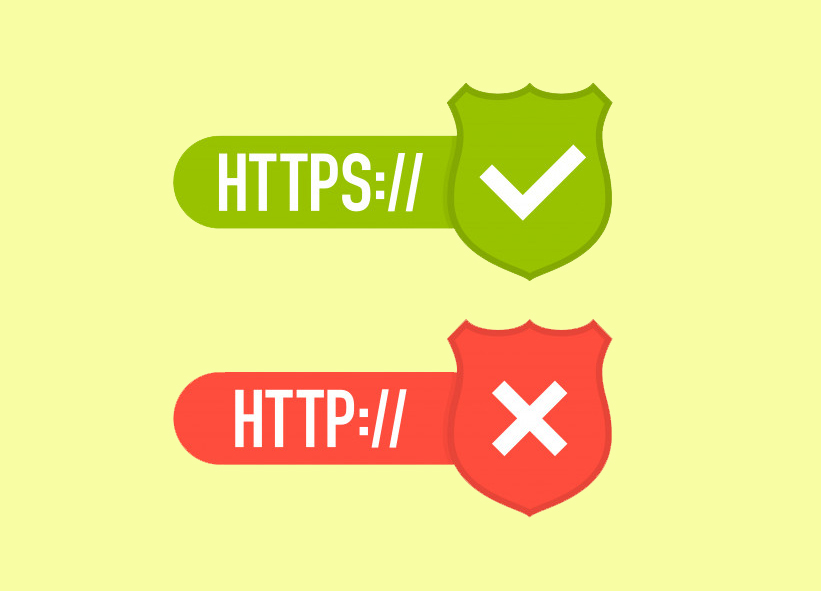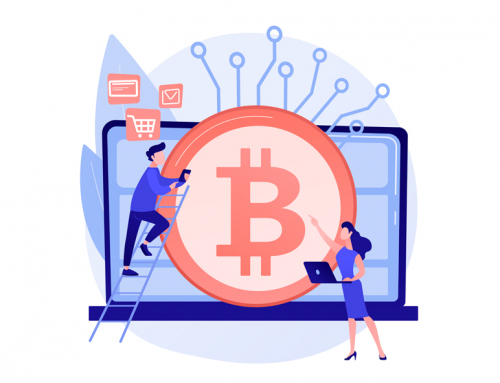As in any other system where human nature interacts, trust is a fundamental value for the development of that area. In this sense, the Internet in its broadest sense needs this trust in order for everything related to this technology to progress. It is being proved that the Covib-19 has boosted that trust, due to the need to use this channel as a priority, and also because the use of tools has been extended, and its effectiveness has been proved in many tasks that until then had other ways to be developed.
The dangers of the Internet
Cybercrime is the great challenge of Internet security, and not only the cybercrime that uses the network to obtain money through scams, digital identity theft to loot accounts, make purchases, obtain data, if not that of low intensity, or even manipulative.
The term “cybercrime” encompasses a large number of illegal activities whose common denominator is the use of digital services by organized groups seeking to obtain a return, whether economic, reputational or otherwise. From phishing campaigns to computer attacks using ransomware, cybercrime jeopardises users’ trust in the Internet and hinders the further digitisation of the economy and society.
Fortunately, there seems to be a high level of awareness among European citizens. 86% are aware that there is a growing risk of becoming a victim of cybercrime, as digital activity grows every day, and 87% say that they do not disclose personal information online for this reason. Spanish citizens are even more aware than the European average of the problem that cybercrime can pose (93%), while 95% say they do not disclose personal information online.
We are facing a phenomenon, cybercrime, which worries citizens, who are quite aware of its incidence and danger, despite not being very well informed about it, but which does not provide sufficient motivation to change their behaviour on the net.
According to BBC News, the number of fake videos proliferating on the networks has doubled since the beginning of 2019. The technology company Deeptrace has detected more than 14 600, compared to less than 8 000 found in December 2018. Of these, 96% were of a pornographic nature, usually featuring the face of a computer-generated celebrity on the body of a porn actor or actress. Incidentally, deepfake, apart from being a tool for conditioning public opinion, is a lucrative business for some.
The word deepfake comes from the contraction of the term deep learning and fake. That is, it implies the use of artificial intelligence to generate synthetic videos, generally with the aim of discrediting someone and/or conditioning public opinion. Some time ago, a video by Mark Zuckerberg, the popular CEO of Facebook, appeared on the Instagram network, in which he confessed his intention to take control of the planet thanks to having people’s data. This is an example of what can be done in the field of deepfake.
Physical stores have to get their act together
Despite the entry barrier that online sales represent, the confidence they must generate, and how difficult it is to position a brand, physical stores in their quest to save costs to be more competitive, are losing the advantages that differentiated them from stores that are exclusively online. In fact, many physical stores, have absolutely differentiated their online business, so that they are 2 different companies. They only rely on the brand. This is causing the opposite effect, because when a user buys online on a brand of physical store, expects to have the same advantages of the physical store, and not a “cheap” version of the online store you already know and do not want to make the purchase, to take advantage of the brand with physical store warranty.
All this, the lack of purchase in other channels, … is causing the user to start thinking about what advantage can have that purchase in physical store … and probably not any.






